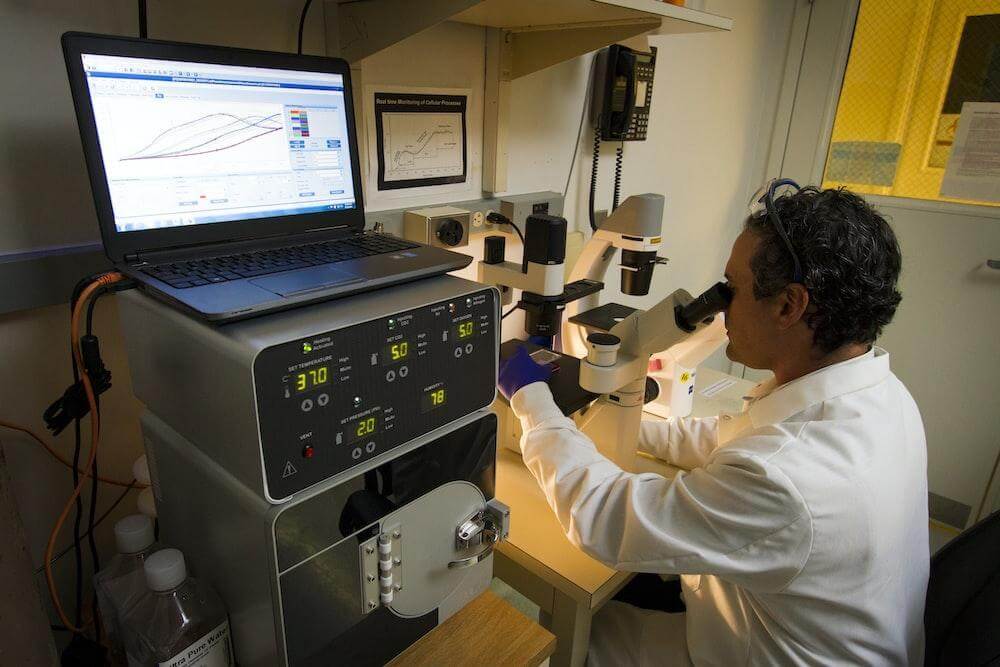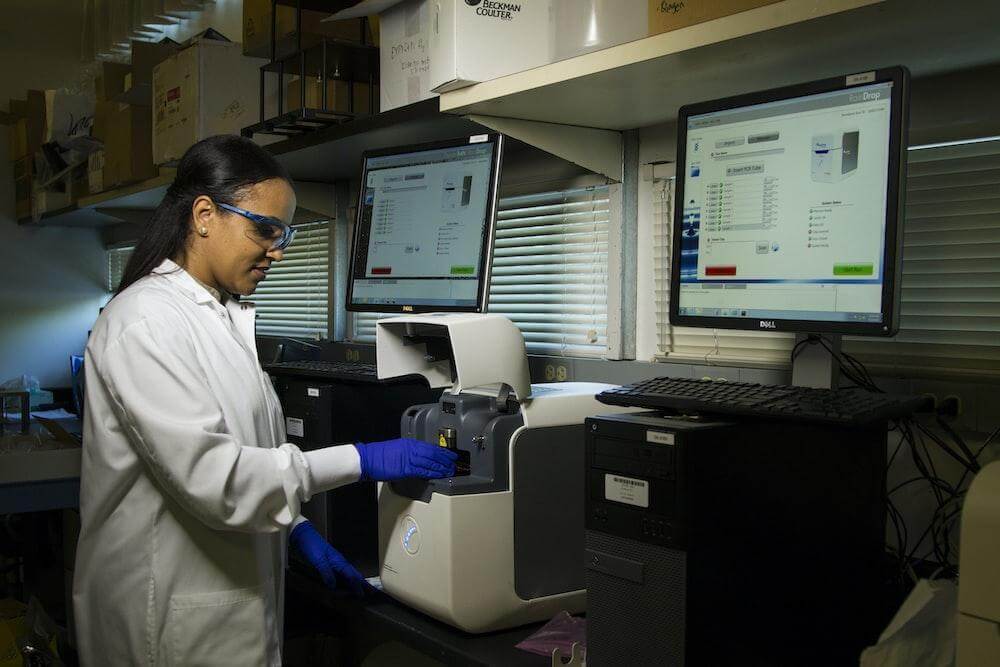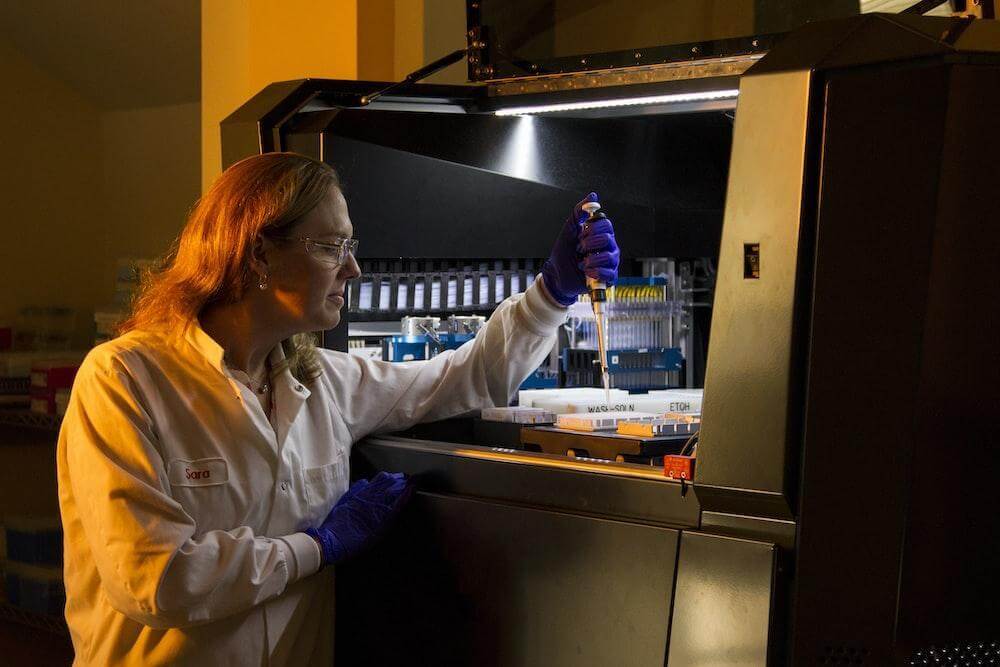Bio-tech Breakthroughs: the Wonders of Gene Synthesis with 5 Cutting-Edge Insights
One of the most remarkable tendencies in dynamic biotechnology is gene synthesis. This floor-breaking vicinity has transformed our capability to modify and engineer DNA, permitting us to make scientific discoveries and innovative packages formerly simplest feasible in technological knowledge fiction.
In this blog, we’ll discover the exciting realm of gene synthesis and five terrific pieces of information that offer mild on its importance and consequences.
Also, the weblog will look at the depth and breadth of gene synthesis that will help you apprehend its colossal potential, masking the whole lot from its foundational mind to realistic packages and the ethical issues that include such strength. Read on.
What Is Gene Synthesis?

Gene synthesis is the technique of creating genes in a lab. Following a computer-generated template, DNA sequences are chemically assembled in this approach. Researchers may use this approach to gather precise genes with particular sequences for several dreams, from identifying how genes paint to growing brand-new biotech gadgets.
Gene synthesis has evolved speedily to current tendencies in the DNA sequencing era and molecular biology techniques. Let’s take a look at five tremendous aspects of gene synthesis:
1. Gene Synthesis’s Role in Genetic Engineering
A key component of genetic engineering, gene synthesis allows for the modification and engineering of genes for various uses. The production of genetically modified organisms is one of the most noteworthy uses of gene synthesis. GMOs have changed industries like biotechnology and agriculture.
Gene synthesis, for instance, has been used to create crops with improved tolerance to pathogens, pests, and environmental stresses. Additionally, scientists have modified microbes to produce medications, enzymes, and biofuels. Additionally, the invention of recombinant proteins and vaccines, which have improved the treatment of many diseases, was greatly aided by gene synthesis.
2. The Rise of Oligonucleotide Synthesis

Researchers employ a technique called oligonucleotide synthesis to create genes. Short, single-stranded segments of DNA or RNA are called oligonucleotides. These building pieces are made specifically to fit the sequence of a certain gene.
Specialized firms, which produce them using automated DNA synthesis equipment, can be contacted by scientists to order oligonucleotides with the appropriate sequences.
The oligonucleotides can be combined into larger DNA fragments using various methods, including the polymerase chain reaction (PCR) or conventional cloning procedures. Researchers can now design and build genes with previously unheard-of accuracy and flexibility because of this modular approach to gene synthesis.
3. Implications for Medicine and Drug Development

Gene synthesis has outcomes out of the doors of genetic engineering. The pharmaceutical and medical industries can be appreciably impacted. Gene synthesis is crucial for growing artificial DNA fragments in several medical applications, including DNA vaccines, diagnostic approaches, and gene treatments.
Gene synthesis allows the creation of precise DNA sequences that encode sickness antigens for DNA vaccine manufacturing. These patterns stimulate the immune machine to launch an immunological response without using a stay pathogen. The discovery of vaccinations in opposition to illnesses like COVID-19 has substantially benefited from this approach.
Gene synthesis, an era that holds promise for treating genetic issues by introducing healing or repaired genes into a patient’s cells, is a key issue of gene remedy. Gene synthesis is used to create the therapeutic gene constructs that might be given to sufferers as part of those treatments. This innovative era can efficaciously deal with some inherited illnesses.
4. Impact on Synthetic Biology
Gene synthesis and the observation of artificial biology move hand in hand. Synthetic biology aims to lay out and assemble organic structures for precise functions by utilizing gene synthesis. New organic pathways, artificial gene networks, and genetically altered species are all now viable ways to this field of study.
One of the exciting components of artificial biology is the improvement of biosensors and genetic switches. Gene synthesis studies seek to increase genetic buildings that could respond by activating precise genes or activities in reaction to particular environmental cues, including unique chemical substances or situations. These biosensors are hired in environmental tracking, scientific diagnostics, and biotechnology.
A captivating use of artificial biology is the creation of minimal genomes. Scientists have efficiently synthesized and prepared the entire genome of a few bacteria, basically building a residing entity from scratch.
These tiny genomes reveal the essential genes required for lifestyles and open the door to the evolution of bacteria with specialized properties, including biofuel or bioremediation.
5. Ethical Considerations

Despite the potential for sizeable medical breakthroughs and practical packages, genetic engineering increases moral troubles. Genetic engineering opens the door to doubtlessly converting lives in previously impossible methods.
One moral concern is the capacity abuse of genetic engineering to supply harmful products including biological guns or cloned viruses. To cope with these worries, governments and corporations have advanced laws and policies to successfully put in force genetic technology.
Genetic engineering has additionally raised issues about the ethics of genetics, specifically the production of genetically engineered organisms. In the midst of these debates, it’s miles crucial to invite questions about long-term influences and environmental and environmental claims.
Bottomline
Genetic engineering has changed the way scientists cope with and develop genetic fabric. It has packages in diverse fields which include genetic engineering, prescription drugs, artificial biotechnology and biotechnology. As generation advances, genetics also can emerge as increasingly essential in ceramics and advertising.
The exquisite possibilities and ethical challenges of gene duplication have to be understood. As researchers and researchers keep to push the bounds of what is beneficial in genetic engineering, it’s far critical to maintain appropriate ethical requirements to ensure that this powerful era will gain society through damage lowering it in phrases of opportunities
The future of genetic engineering promises to be exciting and ethically compelling, making it a area so that it will attract scientists and laypeople alike to the world of genetic engineering and produce life to the lab.
